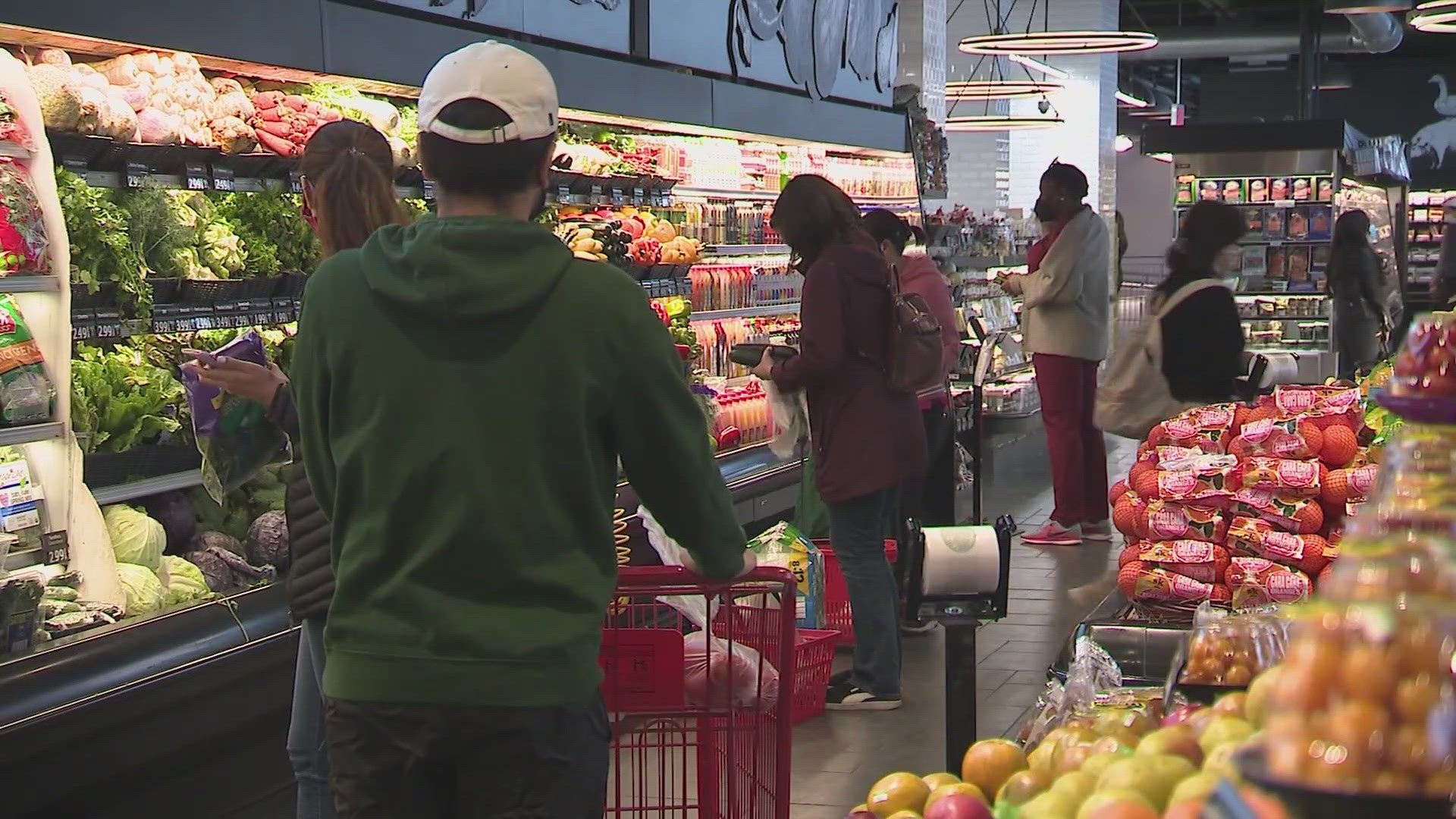OHIO, USA — Changes are here for Ohio’s Supplemental Nutrition Assistance Program.
The Ohio Department of Job and Family Services announced changes on Tuesday that a sliding scale would be created to ease recipients off benefits. The change is now in effect.
“Fear of losing food benefits can be a deterrent to taking a new job, working more hours, or even accepting a promotion,” said Ohio Department of Job and Family Services Director Matt Damschroder. “Instead of an all-or-nothing approach, we are creating a sliding scale that encourages people to earn more by slowly reducing their benefits as their income grows. This provides an incentive to accept promotions and pay raises knowing they won’t immediately lose benefits.”
The change addresses an issue known as the benefits cliff.
The benefits cliff, which has been identified by employers as a barrier to growing their workforce, occurs when someone chooses not to accept additional work hours, increases in pay or promotions because it pushes them over the income limitations for programs like SNAP.
The result is that a pay raise may actually lead to a net loss in actual income due to losing public assistance.
Previously, SNAP was only available to those whose household income did not exceed 130% of the federal poverty level. Now, ODJFS is adding tiered eligibility for those with income above the 130% threshold.
As a recipient’s income approaches 200% of the FPL, the amount of monthly SNAP benefits gradually decreases, creating an offramp from benefits instead of a cliff.
Nancy Harris, of Gahanna, grew up on SNAP benefits as a single mother of four. She relied on the benefits to help feed her children.
“It was always something that we had to rely on when we needed it,” said Harris.
She is now off of the food assistance program.
“Though I make decent money now, I don’t make nearly enough that a single parent needs,” she said.
With the new benefit structures in Ohio, Harris believes it’ll help some families.
“I think it will help people to a point because they’re not just cutting people straight off like they did to me. That was hard,” she said.
But Harris said the system has some challenges.
“They need to stop going off of gross income. My gross income and what I bring home are miles apart,” she said.

